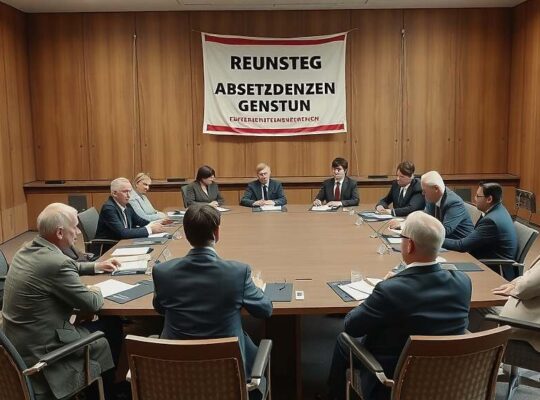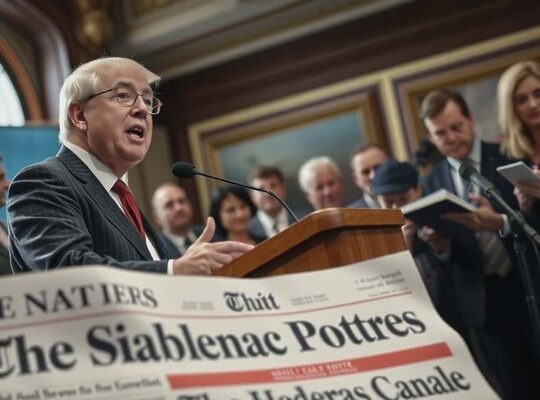The proposed pension reform package spearheaded by the German government is facing increasing scrutiny, with a surprising alliance forming between a group of young conservative parliamentarians and the nation’s leading employers’ association. Rainer Dulger, president of the Confederation of German Employers’ Associations (BDA), publicly voiced his support for the dissenting voices within the Union faction, signaling a potentially significant challenge to the ruling coalition’s legislative agenda.
Dulger’s endorsement of the young Union members’ objections centers on concerns that the current draft legislation significantly exceeds the commitments outlined in the coalition agreement. Specifically, the proposal to suspend the “sustainability factor” in the formula used to calculate pension increases until 2031, intended to accelerate pension growth, is being criticized for creating long-term financial obligations exceeding previously agreed-upon levels.
The government’s plan aims to achieve potentially two percentage point increases in annual pension adjustments over the next six years, but projections indicate these adjustments will trigger additional expenses totaling over €100 billion between 2032 and 2040. This escalating financial burden is triggering anxieties within conservative ranks, particularly regarding the intergenerational fairness of the policy.
Dulger’s intervention underscores the growing unease surrounding the long-term fiscal implications of the reform. He explicitly advocated for a temporary suspension of the legislation, suggesting a period of internal review and debate within the coalition to devise a more sustainable and economically sound approach to securing Germany’s future pension system. He cautioned against implementing measures that merely exacerbate the already considerable financial strain on future generations, emphasizing the need to consider the welfare of children and grandchildren.
This internal division within the conservative Union faction, coupled with the unexpected backing from the employers’ association, presents a complex political landscape. While acknowledging the necessity of fundamental reforms to Germany’s pension system, Dulger’s stance highlights a growing consensus that the current proposals, in their current form, risk undermining the nation’s long-term financial stability and potentially fueling intergenerational resentment. Critics argue that the government’s haste to deliver short-term gains risks creating a far more substantial problem down the line.












